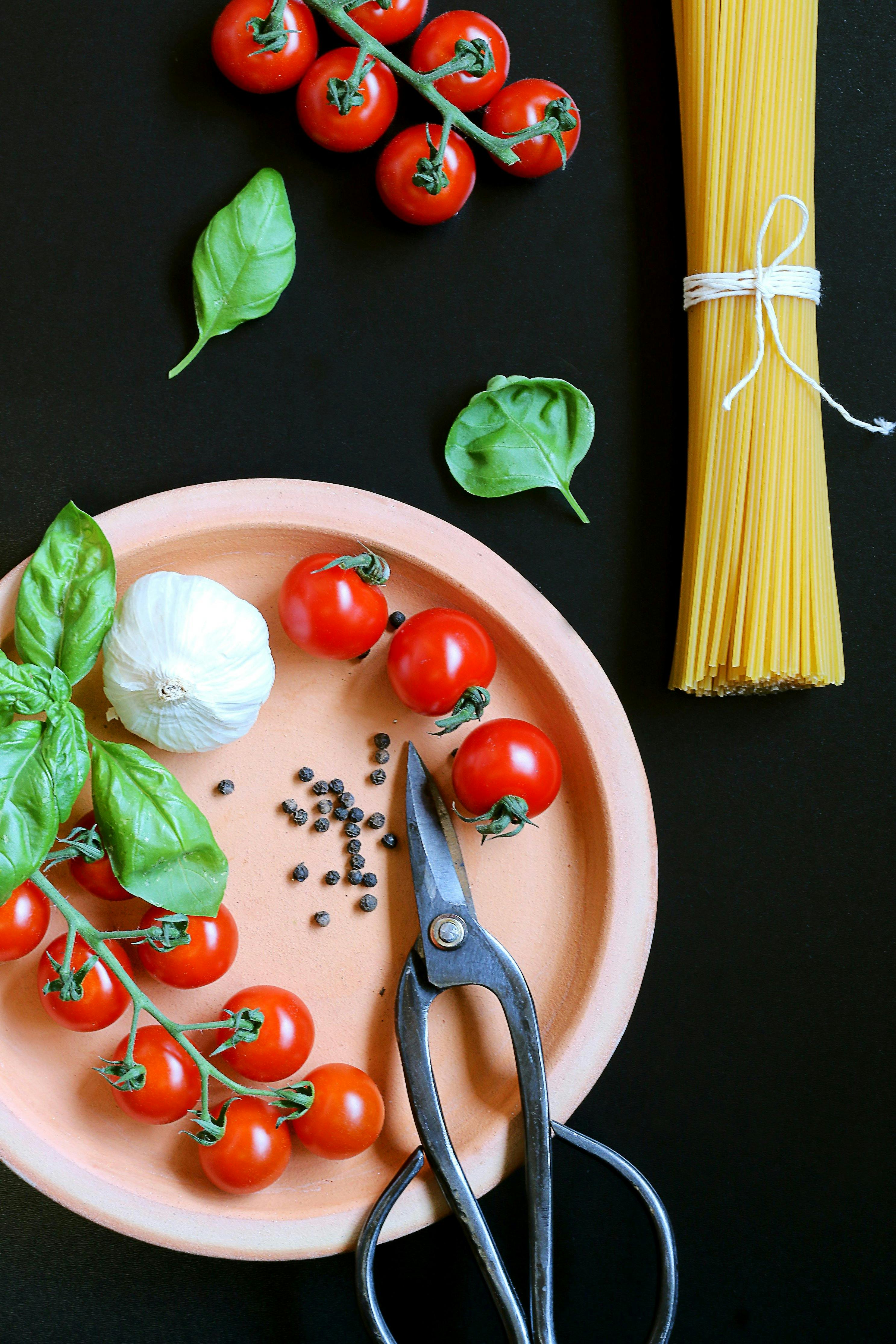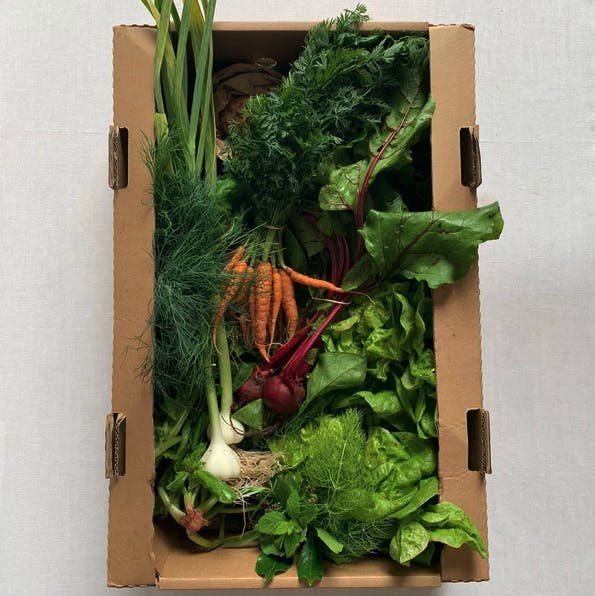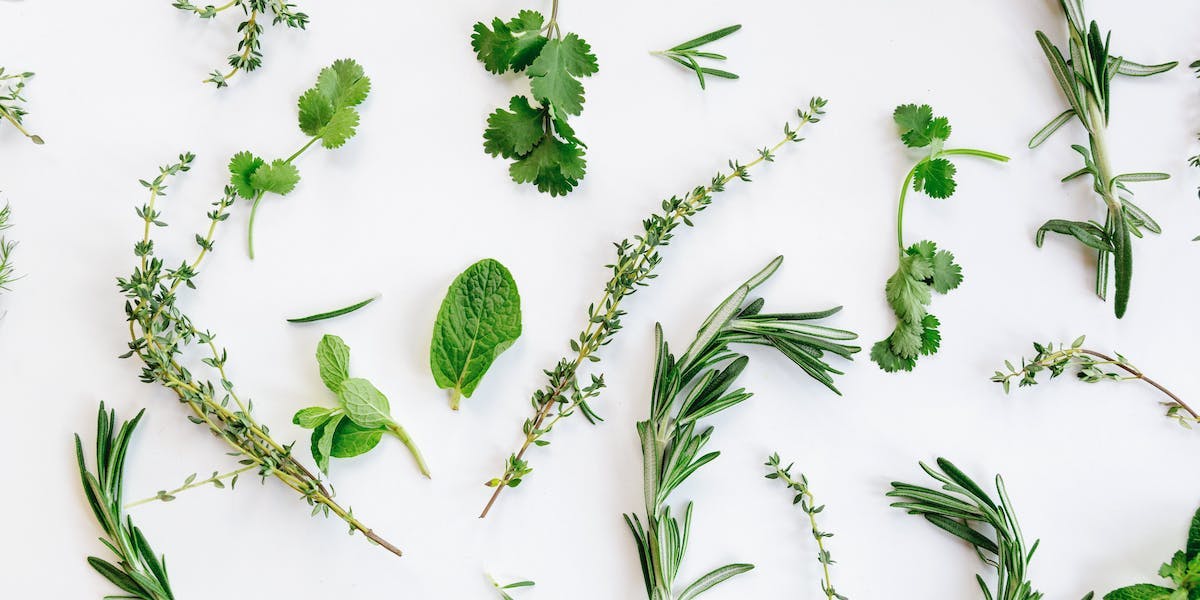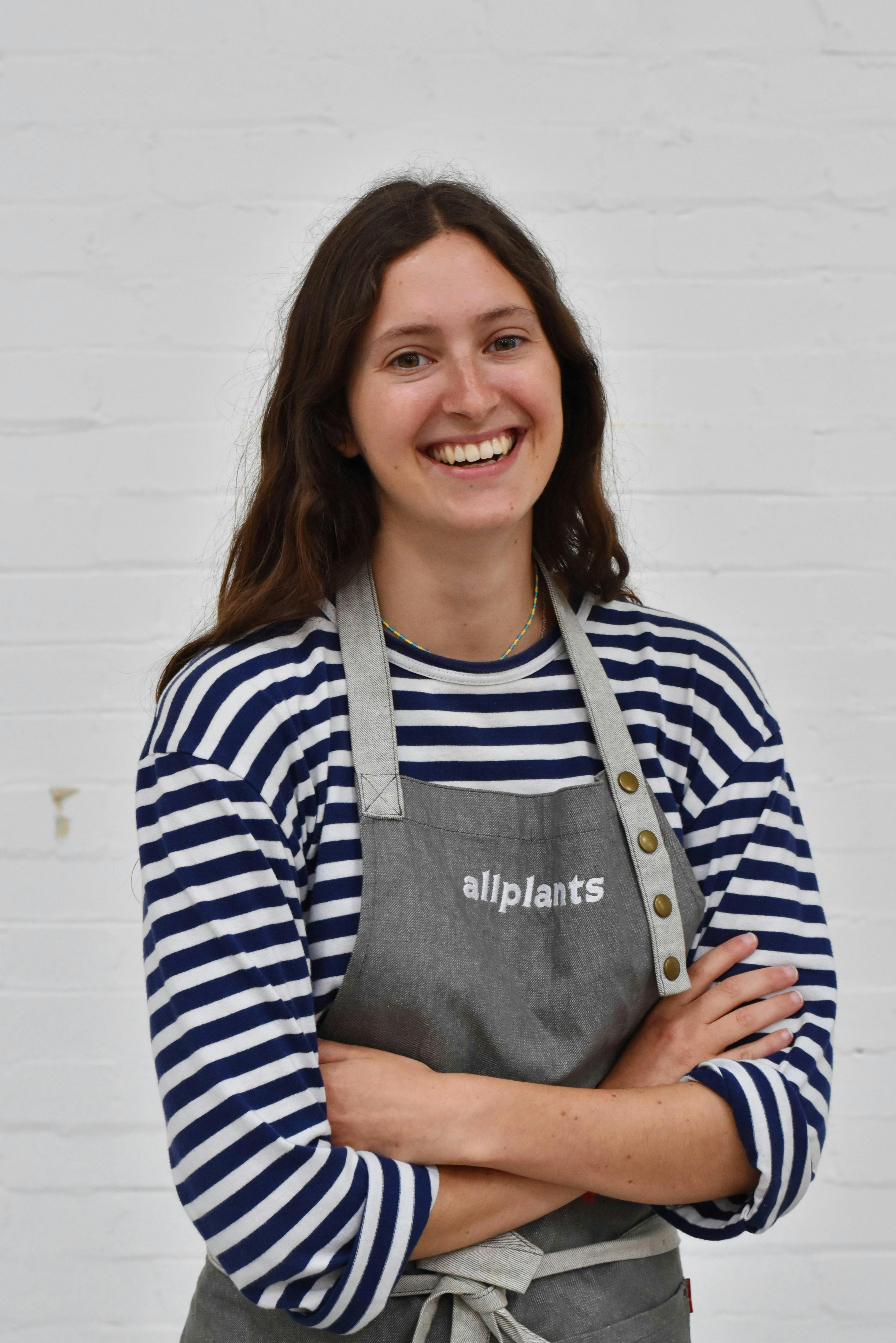Lifestyle
Cooking and Good Mental Health: The Connection
by Emily Harris
12min read
We explore the connection between cooking and good mental health, deep-diving into how our lives, and kitchens, have changed as a result of coronavirus. We chat to our Photographer and Food Stylist, Val, as we explore how to achieve good mental health through the act, or art, of cooking.
The act (or art) of cooking can mean different things to different people. For some, this might invoke a memory of standing on tiptoes next to your grandmother, watching her bake a cake. For others, this may mean being called downstairs after school, because dinner is on the table, washing your hands and hurrying before it goes cold. It might also mean a late night after a long day at work, putting a meal in the oven or the microwave because you simply can’t consider cooking. Or maybe it means a long weekend at home, in a cosy kitchen cooking your favourite meal for yourself and a loved one, your family or friends.
Peeling, chopping, slicing, frying, stirring, and tasting, these are the movements that turn an ingredient into a dish that feeds a family. Vegetables, grains and sauces are no longer simply independent objects, sitting in a cupboard or the fridge. They bond and meld into one, conjoining and coexisting in perfect harmony to have that first bite make it all worthwhile.

Cooking and mental health: the statistics
While eating a healthy, balanced diet, getting plenty of exercise, fresh air, and drinking lots of water are all known as surefire ways to ensure good general wellbeing, the benefits of cooking a meal from pantry to plate have been discussed a little less.
Mental health charity Mind writes how improving your diet can improve your mood, give you more energy and help you think more clearly. But what about the very act of cooking a balanced, healthy meal yourself? How does this process contribute to a positive mindset and your general 360 approach to wellbeing?
In a 2018 study discussed on Psychology Today, Nicole Farmer of the USA’s National Institute of Health examined group cooking as a form of therapy for individuals, where a therapist is present while you chop your veg and share your thoughts. Farmer and her colleagues argue that cooking gives a personal sense of satisfaction while also providing for your loved ones. They also shared that cooking makes you mindful as you’re paying attention to the process of cooking, whether that’s slicing, frying, chopping, rolling or stirring. Each action enables you to be fully present in the moment, without giving headspace to any of the things that crowd your mind. As JR Thorpe from Bustle writes, ‘when you're having a bad day, science says you shouldn't automatically collapse on the couch; it might be a better idea to break out the recipe books’.
On top of this, in a 2016 study published in the Journal of Positive Psychology, found that ‘people who spend a little time on something creative – writing doodling, singing, cooking, etc – seem to lead happier lives’ as written by Live Kindly. And it's true; for a lot of people the process of cooking leaves you feeling accomplished, organised, and with a renewed sense of creativity; all things that contribute to good mental health.
Cooking is therapeutic, it rewards you mentally and emotionally and nourishes you physically. So the more often you cook and the more nutritious your choice of food, the better you may feel as a whole.

Image source: Spring
Cooking, mental health and COVID-19
Because of the pandemic, our lives shifted and home suddenly became the centre of our worlds. Home is now an office, restaurant and spa, and your phone or laptop is your key to the outside world.
So if your dining or living room or even the hallway is now a temporary office, then the kitchen can be that one place of sanctuary. Even if you’re working from the kitchen table each day, close your laptop and pack your papers away to signal the end of the working day. A kitchen is a place where food is prepared three times a day, so well worth taking seriously.
Dozens of London restaurants had to adapt and conquer, and quickly when the UK went into a national lockdown back in March. Many turned their hand to creating grocery or recipe boxes. Spring London started selling veg and essentials online, Padella launched their own recipe kit, and top vegetarian cook, Anna Jones, hosted cook alongs live on Instagram. Anywhere that sold food or drink had to offer something new in order to keep with the times, and ultimately feed people who were getting a little tired of cooking for themselves at home.
But for those who found a new or rekindled love for cooking, this spare time at home meant they could experiment with trying out new recipes and dinner ideas with hours previously lost to a commute. There has been a huge surge in people searching for recipes on Google, and the term ‘plant-based’ has seen a 42% global growth on Google searches this year alone.
Coronavirus and the kitchen in Europe: Research by global consulting firm, Bain & Company, showed that ‘around 40% of people said they would be eating home-cooked meals as much as before, while the same number said they would eat home cooking more often’.
Coronavirus and the kitchen in the USA: Inverse discusses the link between quarantine, cooking and mental health, suggesting that the connection ‘makes sense, we can’t go to restaurants and delivery costs add up. But a recent poll of 1,005 Americans found that, of the 54% of respondents who were cooking more than before the pandemic, 75% now felt more confident in the kitchen. 51% of respondents announced they would continue to cook more once this is all over.’
What cooking means to Val
Valentina is our Photographer and Food Stylist, who dreams up and develops our tasty dishes and recipes for our social channels. She has heaps of experience cooking up a storm in Italian kitchens, so it’s no surprise that she can’t live without good-quality olive oil (seriously, don’t come between her and her olive oil) and fresh pasta.
We chatted to Val about the connection between cooking and good mental health, and what this means to her:
What does cooking mean to you?
Cooking means everything to me. I love how it brings people together and how it can change my mood whether I’m feeling restless, anxious or worn out. I love how it can feel extremely special and eventful at times, yet simple and grounding at others. I also find it extremely beautiful and mesmerising, in all its processes (except for the cleaning up).
Tell us a bit about your favourite food memories, and how they have contributed to the recipes you dream up at allplants.
I think in one form or another I’ve been obsessed with food for as long as I can remember. One of my earliest memories of food is starting a petition aged nine against the new Cinnamon Toast Crunch cereal recipe because they removed the sugar. Fast forward ten years to my more formal introduction to the world of food, when I started working for the very inspiring Sarah Britton (author of My New Roots and food photographer) in Copenhagen. Until then, I had mainly viewed working in food as synonymous to being a chef, and it was that experience that opened my eyes to the many other sides of the world of food.
After graduating from university I spent some time working in a restaurant on an art residency in Tuscany. I loved the focus on seasonal, farm-to-table cooking that was present there and although a part of me loved the fast-paced nature of a restaurant, that period made me realise I feel most creative when working at a slightly slower pace which led me to my role at allplants. Creating recipes is a process that I love and which fuels me rather than draining me.
You’re very meticulous, calm and organised when cooking (or seem it, at least!). Does this calmness stem from cooking itself?
Ha! That’s a great illusion. I’ve tried to become more organised throughout the years, as my mum used to always say that a messy cook is a bad cook, but I’m messy at heart. In terms of feeling calm whilst cooking, that’s also something I’ve worked on. If I start to feel stressed by something, I just take a deep breath and remember to look at what I’m doing and see the beauty in it.
And how does cooking play a role in keeping you calm and grounded?
I find cooking very meditative and grounding, and I often choose what to cook based on how I’m feeling. Some specific things I find calming are for example chopping celery (try it - it’s so smooth), making nut butter or kneading a low maintenance dough, like flatbreads. I also find making porridge and chocolate milk (random, I know) always comforts me and can get me out of my head.
I think it’s also grounding to take an active stance in nourishing myself and it always gives me a sense of empowerment to try to understand my body. Life is so busy and so many things happen outside of our control, so I think cooking is a routine and a constant that brings me a sense of calm and control.
Lastly, does listening to what your body wants to eat benefit your mental health, in your opinion?
When it comes to eating, what works best for me is having loose meal ideas for breakfast, lunch and dinner of things I love and that make me feel good. But also being flexible around those and following my instincts around what I’m craving is just as important. That’s why strict meal prepping doesn’t typically work for me, because what I feel like eating after work is never the same and I don’t like feeling like I have to eat something just because I’ve already prepared it.
I find the concept of ‘listening to your body’ tricky though, especially when working around food every day. There’s a (very) fine line for me between listening to what my body wants to eat and just having cookies every day post-shoot, which doesn’t typically make me feel great. So I generally try not to deny myself anything, but have come to the point where I try to distinguish between genuinely wanting something and craving it just because it’s there.
Cooking for mind and body: Val’s top tips
- Experiment and play around with different recipes and meal ideas. Find a dish you love and perfect it, then you’ll always have that failsafe, comforting and nourishing meal to go back to.
- Don’t get too hung up on creating the perfect meal plan, but do have some idea of what you want to cook for the day to help provide some structure and routine.
- Be present when cooking. Try to focus solely on taking your dish from chopping board to plate, and put any other worries or thoughts to one side.

Mental health resources, in the kitchen and beyond
Below, we’ve listed some of our favourite resources to follow, read, watch and listen to, and we hope that you’ll too find cooking to be a crucial tool for good mental health.
- Calm app: An app that has a wealth of meditations for you to introduce mindfulness into your day and help you sleep better.
- Mind charity: one of the largest mental health charities in the UK, Mind offers advice and support for people struggling with their mental health.
- Deliciously Ella app: Full of plant-based, vegan recipes for breakfast, lunch and dinner to get you inspired. It also features plenty of yoga videos, workouts and meditations, to really tune into all aspects of the mind and body.
- And of course, our whole host of comforting recipes on PLANTED.
Have any tips, anecdotes or resources you’d love to share with us? Then leave a comment below.
By Emily Harris
Emily is our Social and Content Assistant who you’ll find at an art gallery, snapping away on her camera, or updating her Instagram with a gin in hand (so millennial).
Let us take care of dinner
We help to make eating more plants easy and delicious. Fancy letting us take care of dinner? Check out our delicious meals here.
Shop now

